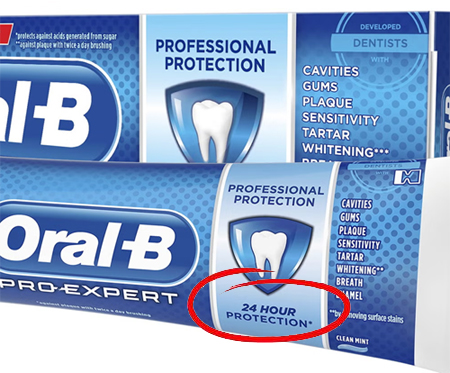-
The Tyranny of the Teethologists
I went to the hygienist yesterday, so I’ve had my scolding for this month:
“Are you brushing twice a day?”
“No.”
“Well, start, or your teeth will fall out.”
“I shall.”
“Do you use an electric toothbrush?”
“Yes.”
“Oh.” Said with more than a hint of disappointment.
Encouraged, I press on: “And I got myself a Waterpik ™, like the last hygienist suggested.”
“Oh.” Said with a healthy dollop of glee. “We don’t recommend those anymore.”
“Bugger.”

Other water flossers are available “When you finish brushing, do you rinse?”
“Of course.”
“Don’t. You should let the residue toothpaste remain.”
I nod and say, “Makes sense,” while thinking, “No fucking way is that going to happen.”
“Says here you smoke.”
“Yes, because your form is a blunt instrument. I am not a three-pack a day smoker; I have a pipe, once a day.”
“Well quit. It will kill you.”
“Actually, there is a study that says pipe smokers live longer than the general population.”
“Who’s study?”
I shrug. “I don’t know. Probably some pipe manufacturer.”
“Floss?” The lilt in her voice tells me it’s a question instead of a random verbal ejaculation.
“Yes.”
“Well don’t. The gaps between your teeth are too wide for floss. You need to use this new gadget, which is different from the old gadget the last hygienist foist on you.”
“I shall take that under advisement.”
“Okay, let’s start. Say, did you know that when I poke this spike between your teeth and gums you bleed? That’s a sign of gum disease.”
“No, it’s a sign that you are skewering me with a medieval torture device. And have I reminded you that I am on blood thinners? If I bleed out in your chair, you’re going to have a lot of paperwork to fill in.”

I equate them—these ortho-inquisitors—to demanding girlfriends (even the men):
“I’d like you better if you wore cologne. And get a new haircut; this one makes you look like an IT manager.”
“I am an IT manager!”
“Exactly! Jesus! Your clothes! Come shopping with me, I can fix that.”
The problem, of course, is that when all these demands are met, they are not enough:
“You need to grow a moustache. My dad had a moustache.”
“No, you need to get some therapy; you’ve got Oedipus issues.
And so, months later, when I return to the Chamber of Tooth-Torments, I can be sure of two things: there will be a new hygienist, and everything the old one told me will be obsolete.
“Are you brushing twice a day?”
“No.”
“That’s okay. Just make sure your once-a-day is in the evening.”
“Of cour … what? What happened to not rinsing after I brush?”
“That’s so last month! Now we want you to squirt some toothpaste up your nose in the morning for a full-day, slow-release.”
Oddly, that idea sounds more appealing than the previous one.
“Let’s get down to it now. I’ve got a new pike I’ve been wanting to try out. Don’t worry, this won’t hurt a bit.”
“Have I reminded you that I’m on—”
“Oh my, that’s a lot of … nurse! Can you bring up a roll of paper towels? Um, better make that two.”
So yeah, I went to the Hygienist. And despite having assured the young lady I would religiously use the new gadget, and swearing on a splatter shield that I would brush twice a day, I know neither of those things is going to happen. But I’m not worried; because I did switch my toothpaste, so when whoever sees me next tells me I need to brush twice a day, I can inform them that my new morning brushing is guaranteed (it’s on the side of the box) to last 24-hours, which amounts to the same thing.

It’s on the box, and there are Truth In Advertising Laws, you know I’m sure they will agree.